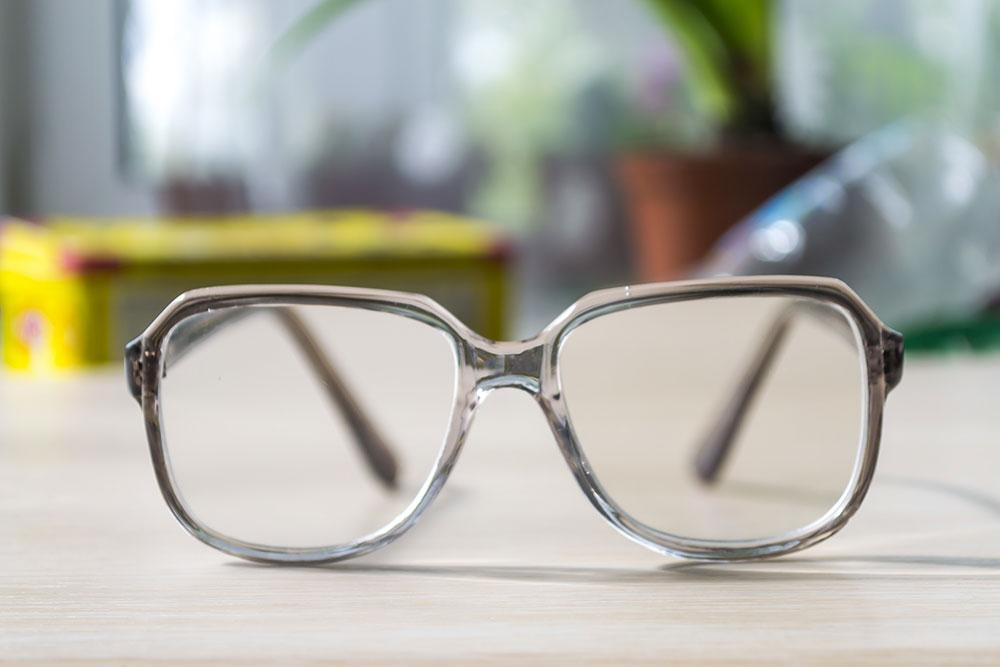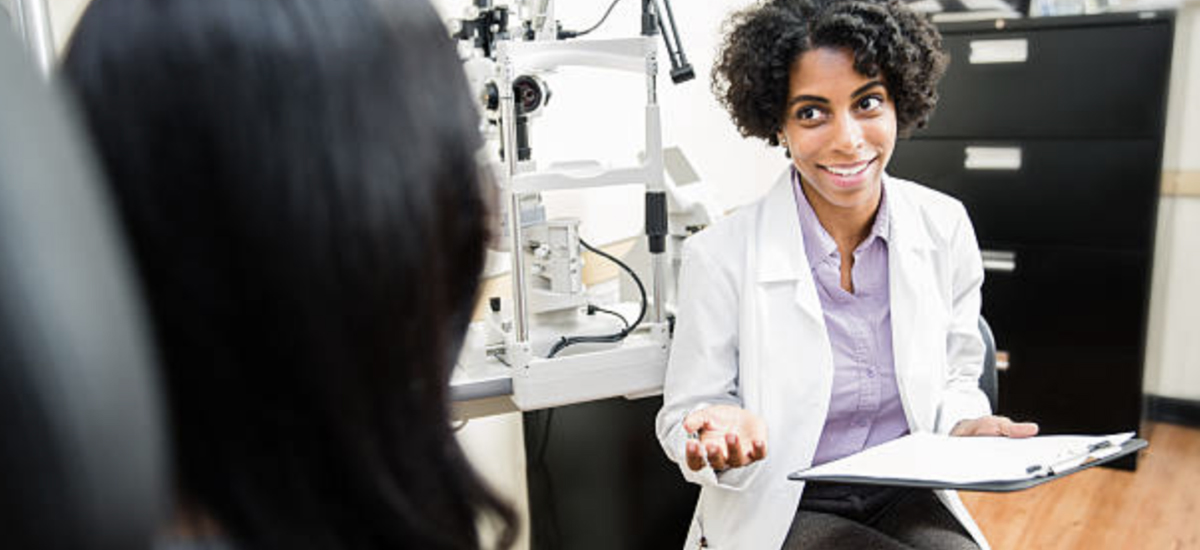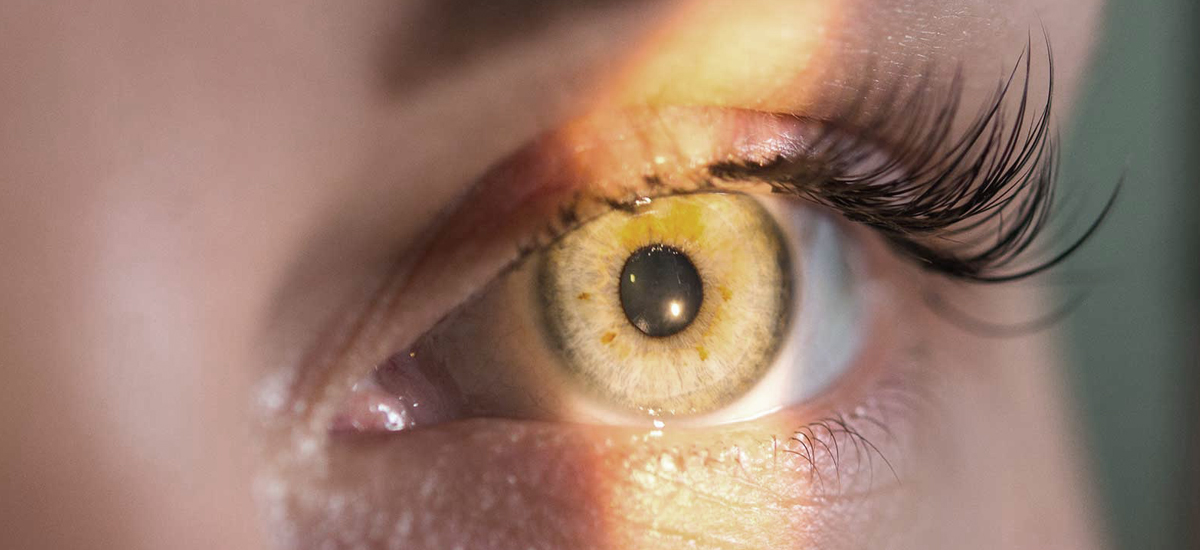Are Progressive Lenses Good for Your Eyes?

If your eye doctor has given you a prescription for progressive lenses, you may wonder, ‘Are progressive lenses good for your eyes?’ Maybe you don’t want to carry around three pairs of glasses, each with a different prescription, and you’re curious if progressive lenses can actually help you see better.
Let’s talk about the types of progressive lenses and how they can benefit your vision.
What are progressive lenses?
Like bifocals and trifocals, progressive lenses allow you to focus on objects at various distances depending on where in the lens you look through. However, progressive lenses have a smoother transition between these areas versus bifocals and trifocals, which have noticeable lines.
Progressive lenses often feature three prescriptions and are ideal for those with presbyopia. With progressive lenses, you can see at three different levels: close-up, middle distance, and far off. The main benefit of progressive lenses is being able to see your best with one pair of glasses instead of having to carry three around.
What are the different types of progressive lenses?
There are several types of progressive lenses, and when wondering if progressive lenses are good for your eyes, knowing which ones are best for you can help you get the most out of them.
Here are some of the most common progressive lenses:
- Standard progressive lenses are the most budget-friendly, and they work for most prescriptions. With standard progressive lenses, your frames can’t be too small, or they’ll lessen how much room you have to read.
- If you need small frames, short-corridor progressive lenses are the best option for you. Although, with these progressive lenses, the reading area might be smaller.
- Do you spend a lot of time on the computer? Computer progressive lenses are a great option. These lenses are good for viewing objects at a computer’s distance, between 16 inches to around six feet.
- For those willing to spend more money for clearer vision, premium progressive lenses are for you. These lenses are designed to help you see better at all distances.
- If you participate in activities where you’re looking at the ground a lot, ground-view progressive lenses are your best option. They can help make the ground look more natural and not distorted. These lenses are suitable for those who are active.
Are progressive lenses good for your eyes?
Progressive lenses are indeed good for your eyes by preventing eye strain when you view objects at various differences. If you have a refractive error, such as farsightedness, they’re a great go-to since they provide a painless transition into different fields of view. To help your eyes get used to the new lenses, we suggest wearing the progressive lenses all day.
Avoid looking out of the side of your lenses, and face objects directly to keep them from appearing distorted. If you are reading, though, follow the words with your eyes instead of moving your head. Even if it takes longer than expected to get used to your progressive lenses, know that by wearing them often enough, they will soon feel comfortable.
Summary: What do progressive lenses do for your eyes?
All types of progressive lenses are good for your eyes, especially if you have various prescription needs. Adapting to progressive lenses might be difficult at first, but they can be helpful in the long run to keep you from changing your glasses in between activities.
Here is what you should know about how to choose progressive lenses that are good for your eyes:
- Progressive lenses help you see at three different distances. Once adapted to, they can give you clearer vision without lines.
- There are multiple types of progressive lenses, including standard, short corridor, computer, premium, and ground view.
- Knowing which type of progressive lenses is perfect for you depends on your job, daily activities, and budget.
If you need more than one pair of glasses, consider getting progressive lenses. They are suitable for your eyes if you take the time necessary to adjust to them.
Book your eye exam at For Eyes
Have you had your annual comprehensive eye exam? Schedule an appointment with an Independent Doctor of Optometry at your local For Eyes.












